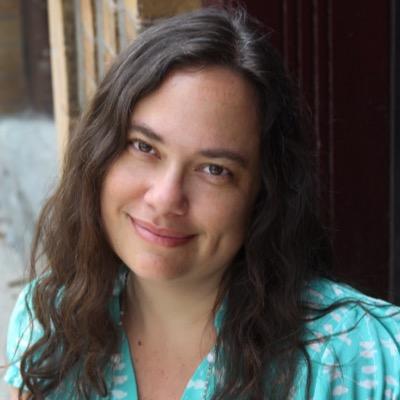Suite 2150
Dahdaleh Bldg., 88 The Pond Rd.
YorkU Keele Campus

A holistic definition of ‘health’ remains difficult to operationalize, despite decades of attempts by medical anthropologists and the World Health Organization to do so. Anthropologists routinely reject dichotomous notions – belief vs. knowledge, wellness vs. health, mental vs. physical, environment vs. self – yet our desire for physiological evidence of ‘health’ still persists.
In this talk, Dr. Baines asks what evidence would sufficiently demonstrate health, and explore the possibility of measures that move beyond the physiological. Presenting ethnographic data collected in indigenous Maya communities in Belize and in indigenous Belizean Garifuna communities in New York City and Los Angeles, she argues that ecological heritage practices can provide a lens through which to locate and collect evidence of health, holistically defined.
Developing a framework of ‘embodied ecological heritage’ (EEH), she discusses how communities and individuals communicate and measure health as part of everyday ecological activities, which they describe as ‘traditional’ or ‘heritage’ practices. Theorizing unexpected links and feedback loops, which cross temporal, spatial, and social boundaries, she asserts that health is connected to practice through tangible, embodied experience and that ethnography thus provides powerful evidence to understand and define it.
Kristina Baines is an Assistant Professor at CUNY, Guttman CC, Director of Anthropology of Cool Anthropology, and author of Embodying Ecological Heritage in a Maya Community: Health, Happiness, and Identity. She can usually be found considering how being on a particular patch of Earth affects our wellness, and she attempts to translate all those convoluted data so that humans can understand, use and, perhaps, even enjoy them.
Kristina has been formally trained in applied, sociocultural, ecological and medical anthropology at Florida Atlantic University (BA, MA), the University of Oxford (MSc) and the University of South Florida (PhD). Her interests include environment + health intersections, ecological heritage, phenomenology and educational anthropology. She has conducted research in Belize, Guatemala, Peru and South Florida.
Co-presented with the Department of Anthropology
Register

